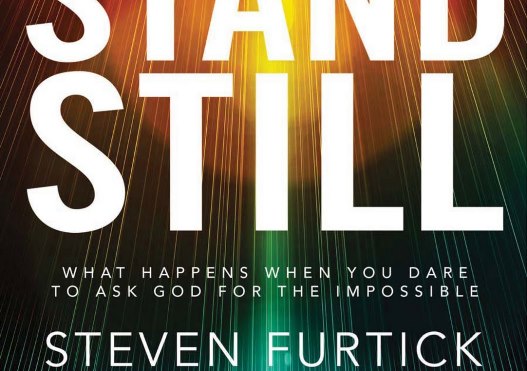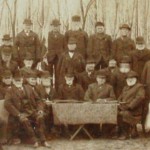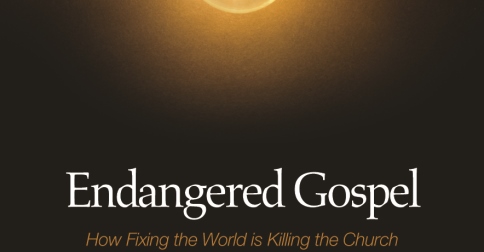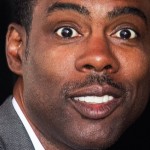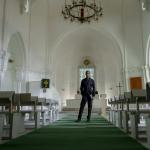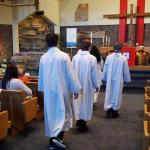A Story About What Slow Church is NOT…
Steven Furtick offers much fodder for critique — the multi-million dollar house, etc. — but this new story of Elevation’s practice of “Spontaneous Baptism” highlighted many of the criticisms of industrialized Christianity that we are raising in the Slow Church book.
I was alerted to this story through a report on the WCNC-TV (Charlotte) website:
How Elevation Church, Pastor Furtick produce ‘spontaneous’ baptisms
The whole article is worth reading, but here are some crucial clips:
- “Elevation Church keeps an exact count of its thousands of baptisms, all part of its laser like focus on numbers. ” (emphasis added)
- “To get those thousands of baptisms takes a lot of planning.
And Elevation produced a document to show other churches how they could do likewise.
It’s titled “Spontaneous Baptisms – A How-To Guide” and the church shared it freely on the Sun Stand Still website. ” - “[The] first people instructed to respond to Pastor Steven’s call to baptism were not converts suddenly inspired but Elevation volunteers carefully planted in the crowd. The guide instructs, “Fifteen people will sit in the worship experience and be the first ones to move when Pastor gives the call. Move intentionally through the highest visibility areas and the longest walk.””
- [One scholar] “compares the mass baptism service to a show at Disneyworld. “This church has obviously discovered what we in the industry call the ‘Disneyfication’ of religious services.” “
James Duncan has blogged about Elevation’s spontaneous baptism guide and has offered a thorough critique of the manipulation going on in this practice. I highly encourage you to read his post…
This story offers a wonderful picture of the sort of McDonaldized Christianity that we critique in the Slow Church book: the obsession with numbers (emphasizing quantity over quality), driven by a focus on speed and efficiency, how-to manuals that dictate every step of the process (a la McDonalds or any other fast food restaurant), the creation of religious spectacle (versus the cultivation of a deep life together), the manipulation that treats individuals as objects, not as creatures in the image of God. In fact, Elevation has almost gone so far as to make themselves a caricature of McDonaldized faith, but I hope that — like all good caricatures — we don’t just dismiss them as extreme, but rather see through their story the desires in our own hearts and congregations that are driving us in a similar direction, even if we are not so ridiculous and extreme. Here’s some questions to consider:
- Are we rushing people to baptism (or, in the case of churches that practice infant baptism, full membership)? The choice to follow Christ is a huge one, and one that should never be rushed. “When Christ calls a man,” Dietrich Bonhoeffer famously said in The Cost of Discipleship, “he bids him come and die.” This decision is never one that should be rushed, and especially not for the sake of boosting the brand of our churches (or our pastors).
- What sacrifices are we willing to make for the sake of the image of our church (and the numbers that give shape to that image)? The dignity of those who participate in our church? Our own integrity?
- How much energy do we put into the spectacle of the Sunday service? And especially, in contrast to the amount of energy we put into cultivating faithfulness to the mission of God in everyday life?
- To what degree do we seek to meticulously control the Sunday Service or other activities of the church?
- If we are pastors or church leaders, how do we view the members of our congregations? As pawns in our self-serving religious system? Or as sisters and brothers and friends that we care deeply about and with whom we desire to share life?
- What sorts of pressure — either from ourselves or from others –to “get things done,” meeting numerical thresholds, etc. do we live under? If the pressure is coming from outside sources (e.g., denominations), how do we resist it?
————–
I imagine that most of our churches — thankfully — look or act very little like Elevation, but there are many unhelpful desires that, if we’re honest with ourselves, we share in common with this caricature of a church. In order to grow deeper into the rich life God intends for the church, we need to face these desires and wrestle with them.

